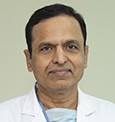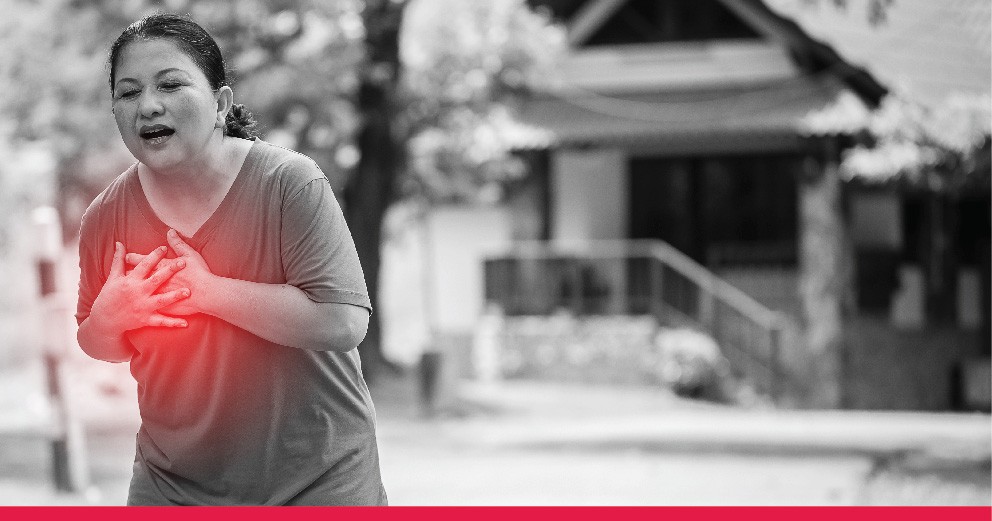What is Transmyocardial Revascularization (TMR)?
TMR, also known as Transmyocardial revascularization, or TMLR, is a surgical treatment that inserts microscopic pinholes or channels into the lower left chamber of the heart using a specific CO2 laser (left ventricle). The symptoms of angina (chest discomfort), a sign of coronary artery disease, are lessened by these new channels because they increase the flow of oxygen-rich blood to the heart muscle. The Transmyocardial revascularization procedure cost in Hyderabad depends upon various factors. You must contact the doctor to know about the Transmyocardial laser revascularization procedure cost in Hyderabad.
But before knowing the tmr heart surgery cost in Hyderabad there are some other important things to know about. To treat severe angina or chest discomfort in critically ill patients who are not candidates for bypass surgery or angioplasty, Transmyocardial revascularization (TMR) is a technique. After TMLR, some of the oxygen-rich blood that reaches the left ventricle can pass through the narrow channels and provide the starved heart muscle with much-needed oxygen.
Normally, patients with coronary artery disease undergo coronary artery bypass grafting (CABG surgery), angioplasty, or stenting. However, these operations may be too hazardous for people with advanced heart disease or other medical conditions. The most secure and efficient alternative is frequently TMR. Patients who have undergone CABG but are unable to tolerate another bypass procedure can also undergo TMR.
Transmyocardial Revascularization advantages
TMR has the benefit of giving patients with severe angina one final alternative. It may be particularly useful for patients whose other medical issues, like diabetes, prevent the use of bypass surgery. At a one-year follow-up, 80 to 90% of patients reported considerable improvement in their symptoms (at least a 50% improvement), despite the fact that the clinical data are still rather scarce. According to a New England Journal of Medicine study, TMR patients saw alleviation from their chest pain as well as increased quality of life, better heart blood flow, and fewer hospital admissions. The process takes only a little while, and most insurance companies will pay for it. To get the best treatment you must consider the tmr laser heart surgery cost in Hyderabad.
Transmyocardial Revascularization treatment
The tmr laser heart surgery cost in Hyderabad varies from place to place. So before getting the treatment you must be aware of the Transmyocardial revascularization procedure cost in Hyderabad. As the treatment may affect the Transmyocardial laser revascularization procedure cost in Hyderabad. In order to access the heart during this treatment, a surgeon creates an incision on the left breast. The surgeon will then use a laser to make a series of holes from the outside of the heart into the pumping chamber of the heart.
How does it function?
- It is still unclear how Transmyocardial revascularization (TMR) lowers angina.
- The process of angiogenesis—prompted by the laser—is known as a "Je-o-JEN'eh-sis.
- It might kill heart-related nerve fibres, rendering patients unable to feel their chest pain.
FAQs
- What is the Transmyocardial laser revascularization procedure cost in Hyderabad?
The tmr heart surgery cost in Hyderabad can range from 1,20,000 to 4,40,000 rupees.
- Why do you need to know about the tmr laser heart surgery cost in Hyderabad?
It's important to know how much a Transmyocardial revascularization procedure cost in Hyderabad before beginning treatment. In order to treat patients holistically, KIMS will put together a team of medical experts from a variety of specialities. These medical professionals collaborate to create a treatment strategy for every patient.
- What exactly does EECP mean?
The FDA has approved the outpatient therapy enhanced external counterpulsation (EECP) for the treatment of chronic stable angina. It applies pressure on the lower limbs to increase blood flow in patients who have persistent heart disease symptoms including chest tightness and pain.
- What should we avoid doing following an angioplasty?
Avoid Driving: After surgery, it is not advisable to drive for at least a week. Take the backseat until your doctor gives you the all-clear to reduce the chance of developing another cardiac condition. Give up smoking: Giving up smoking is among the best things you can do for your heart after having an angioplasty.












